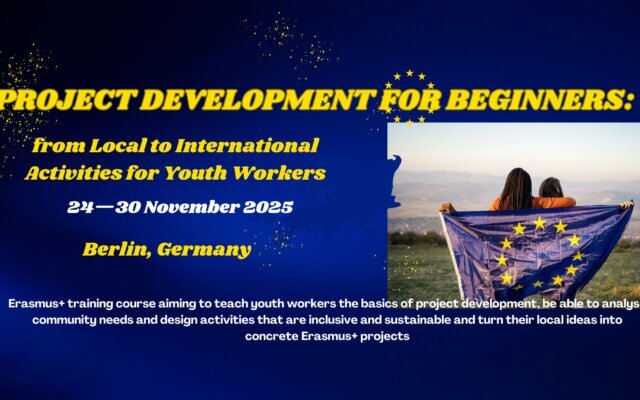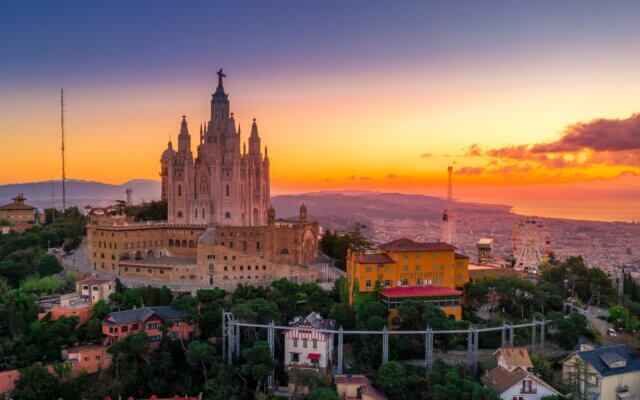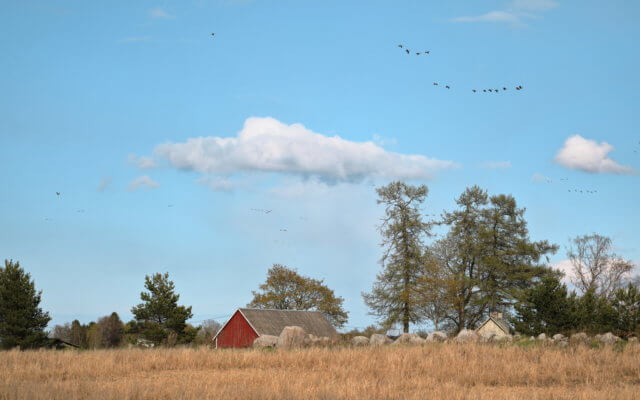Programme & action: ERASMUS+, KA1
Venue: Snina, Slovakia
Dates: 25 October – 1 November 2014
Participants: Dana Moravcová, Hynek Protivanský
Project report:
The last week in October, a project called You(th) and Non-Formal Education are the Best! was realized in Slovakia in Snina for 8 days. In this project 35 participants was gathered – as youth leaders and youth workers coming from 13 different European countries – Albania, Bulgaria, Czech Republic, Hungary, Italy, Lithuania, Macedonia, Poland, Romania, Slovakia, Spain, Turkey, Ukraine.
Thanks to the organization EPYG – Euro-project youth group we could spend amazing week and learn about the region Snina in eastern Slovakia, where this group actively take part in the youth work education.
Aims and objectives of the training course:
- To exchange the best practices in the field of youth work, to strengthen the exchange of experiences and competences within the youth organizations
- To implement, develop and support the non-formal education methods, their meaning in the education process and in a life of young people
- To analyze the role of NFE and to distinguish the differences in the formal, informal and non-formal education within the common Europe
- To support intercultural learning, analyze of intercultural diversity at international level – emphasize of cultural traditions and habits in different countries
- To explore the possibilities of Erasmus+ Programme and analyze the role and perception of non-formal education
- To increase the communication and presentation skills of youth workers in order to implement non-formal methods in an efficient way
- To encourage young people to use outdoor activities as a tool of non-formal learning process
This training course was based on non-formal education and in this way of non-formal education we took a part and experience on ourselves that this learning process works well. This process is based on our experience, motivation and needs and the ability to share with others. To experience the non-formal education, out mentors prepare for us workshops, presentations, outdoor education, co-operative games, individual work, small discussion groups, plenary work, group dynamics, personal challenges, theoretical input so we could learn and understand the core of non-formal education and how it can be effective not just in working with youth, but also in our ordinary lives.
Dana Moravcová


